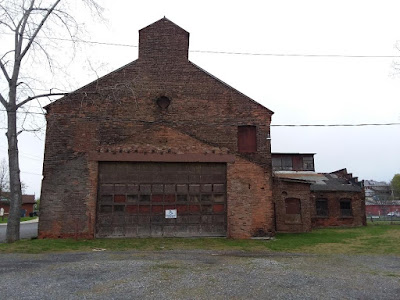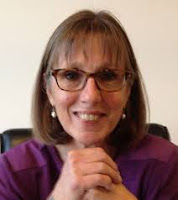The notion of making it legal to keep backyard chickens is nothing new. Up until 2004, when Section 70.16 of the city code was adopted, it was legal to keep chickens in Hudson. The law prohibiting chickens was a response to a specific incident that occurred in the city. A dog got into a chicken yard and killed some chickens. The owner of the chickens took his revenge by shooting the offending dog with a gun. To avoid such problems in the future, chickens were banned from the city.
In 2013, a law permitting people to keep backyard chickens was proposed by the Legal Committee. The legislation was crafted by John Friedman, then chair of the Legal Committee, whose wife wanted to raise chickens in their backyard. The law passed in the Common Council by the skin of its teeth. Back then, with the weighted vote, a simple majority required 1,011 aye votes. The chicken law got 1,020 ayes and 1,008 nays. Seven members of the Council--the Council president, both First Ward aldermen, both Third Ward aldermen, one of the two Second Ward aldermen, and one of the two Fourth Ward aldermen--voted in favor of the law. Four members of the Council--one Second Ward alderman, one Fourth Ward alderman, and both Fifth Ward alderman--voted against. (That's how the weighted voted used to work.)
Although it passed in the Council, the chicken law met its swan song when it was vetoed by Mayor William Hallenbeck. In a veto message that was five pages long, Hallenbeck cited seven reasons why, in his opinion, the legislation as proposed was a bad idea.
- The law was not equitable. People who did not own their own homes with backyards would not benefit.
- Chickens attract rodents and such predators as raccoons and hawks, which can problematic in an urban setting.
- The law did not specify how far the chicken coop should be from a property owner's dwelling.
- There was nothing in the proposed ordinance to ensure the humane treatment of chickens.
- The law prohibited slaughtering chickens but made no mention of killing chickens.
- The law did not require banding chickens so they could be identified if they wandered out of their yard.
- There were questions about how the law regulating backyard chickens would be enforced.
In his argument for raising backyard chickens, Weinert claimed that 93 percent of cities in the United States permitted raising backyard chickens. I set out to confirm this statistic, but the first thing my search yielded was this article, published last year in CityLab: "Have Backyard Chickens Gone Too Free-Range?" It suggested that chickens may have become "the new status symbol for Silicon Valley elites," but its thesis was that "urban poultry laws need to be stricter about public health and animal welfare." The article posits that "the majority of the municipalities that allowed backyard fowl were missing standards around permits, veterinary care or vaccines, or animal abuse protections."
On the issue of public health, the article states:
Although urban poultry-keepers often believe that their birds, and eggs, are safer and more nutritious than products of commercial farms, many municipal regulations do not address sanitation, vaccination, or disease control. Indeed, urban poultry is linked to hundreds of salmonella cases each year in the United States. In Egypt, 70 percent of the people who came down with H5N1 bird flu in a 2015 outbreak reported exposure to backyard poultry.The article concludes:
If we're going to have chickens in our cities, it's common sense to make sure we have the right system in place to protect the birds as well as their owners, neighbors, and the city as a whole.The law proposed in 2013 can be found here, following the minutes from the mayor's public hearing on the law, which took place on June 28, 2013.
COPYRIGHT 2020 CAROLE OSTERINK








































